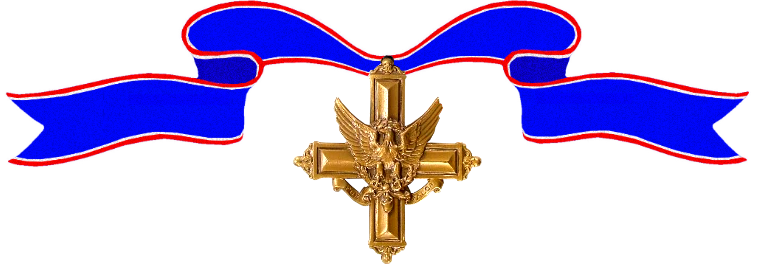After the mission for which he was awarded the Distinguished Service Cross in August 1943, James Judy’s bomber was shot down on October 9, 1943 and he was captured and held as a prisoner of war.

–
Born:
,
Home:
,
Buried:
,
Cemetery:
Awards Received
-

Prisoner of War Medal
-

Distinguished Service Cross
-
Prisoner of War Medal
Service:
United States Army Air ForcesRank:
First Lieutenant (Air Corps)Division:
Prisoner of War (Germany)Action Date:
October 9, 1943 – May 1945
NARA Database: Records of World War II Prisoners of War, created, 1942 – 16130First Lieutenant (Air Corps) James D. Judy (ASN: 0-737963), United States Army Air Forces, was captured by German forces after his bomber was shot down on 9 October 1943 and was held as a Prisoner of War until his return to U.S. Military Control at the end of hostilities in May 1945.
-
Distinguished Service Cross
Service:
United States Army Air ForcesRank:
Second Lieutenant (Air Corps)Batallion:
322d Bombardment SquadronRegiment:
91st Bombardment GroupDivision:
8th Air ForceAction Date:
August 17, 1943
Headquarters, European Theater of Operations, U.S. Army, General Orders No. 76 (October 25, 1943)The President of the United States of America, authorized by Act of Congress July 9, 1918, takes pleasure in presenting the Distinguished Service Cross to Second Lieutenant (Air Corps) James Donald Judy (ASN: 0-737963), United States Army Air Forces, for extraordinary heroism in connection with military operations against an armed enemy while serving as Pilot of a B-17 Heavy Bomber in the 322d Bombardment Squadron, 91st Bombardment Group, EIGHTH Air Force, while participating in a bombing mission over enemy-occupied Europe on 17 August 1943. Shortly after the German coast was reached Lieutenant Judy’s airplane was subjected to a vicious attack by enemy fighters. Three cannon shells exploded at the root of the left wing, directly under the pilot’s compartment, setting fire to the airplane and severing most of the cables of the main electrical system. The pilot’s compartment was filled with flames, smoke and sparks. Because of the damage to the controls, Lieutenant Judy temporarily lost control of the aircraft and it went into a spin. After falling about 6,000 or 7,000 feet, this officer managed to get the airplane out of the spin and set it level. A second vicious attack by enemy fighters exploded the oxygen system and destroyed some of the remaining electrical connections to the instrument panel, so that Lieutenant Judy lost the use of most of his instruments. During these attacks the engineer was severely wounded in the foot and his parachute was burned by a second fire that had started in the nose. With his airplane ablaze, his rudder controls shot out and most of his instruments useless, Lieutenant Judy gave the order to bail out. Upon hearing that the engineer was badly wounded and had no parachute with which to save himself, Lieutenant Judy, displaying extraordinary heroism and thinking only of saving his comrade, refused to abandon the airplane and decided to return to a friendly air base if it were possible to keep it in the air. For over an hour this officer fought off enemy fighters. During this period ten to twelve additional fires started in his airplane, filling his cockpit with smoke and partially blinding him. Lieutenant Judy successfully reached a friendly base and, despite the tremendous damage to his aircraft, safely landed it. The extraordinary heroism, coolness and skill displayed by Lieutenant Judy on this occasion reflects great credit upon himself, the 8th Air Force, and the United States Army Air Forces.

